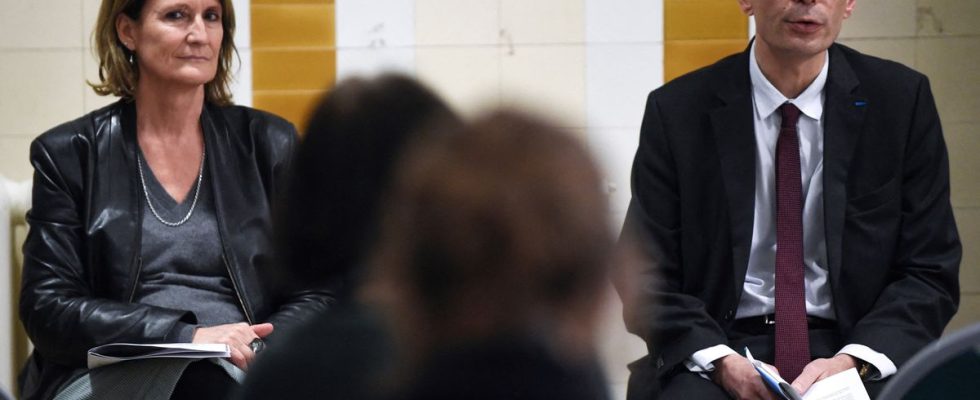On average, the 27,000 victims who testified are 44 years old. For half of them, the facts they denounced took place twenty years ago or more. And their scars continue to grow with them. These women and men, who were sexually abused when they were young, confided in the Independent Commission on Incest and Sexual Violence Against Children (Civiise). For many, they had the impression, by giving themselves up, of obtaining “the reparation they had always expected”, explains to 20 minutes its co-president, children’s judge Edouard Durand.
Launched by the government in January 2021, the Civiise was given the mission of advocating public policies to better fight incest, which according to it affects 160,000 children each year, and of collecting the voices of victims. She therefore launched a call for testimonies on September 21, 2021. Two years later, she received 26,949 stories by telephone, mail, emails and on the Internet. The commission also heard 755 testimonies during 24 public meetings organized in major cities in France, from Nantes to Lille, from Bordeaux to Strasbourg and Fort-de-France. The next one will be held in the 11th arrondissement of Paris, at the Palais de la Femme, Thursday evening. And the analysis of their stories is presented in a report to be published this Thursday.
“A major public health issue”
What can we learn from these testimonies? “We see that sexual violence against children is not a private matter but a major public health issue, and therefore public policy,” continues the magistrate. “The way the child’s words are received when he confides will have consequences throughout life,” he insists. The more “positive social support”, the fewer consequences victims will have on their physical health. “Conversely, when social support is negative or absent, with the child feeling guilty [par son confident]the consequences are significant,” summarizes Judge Durand.
“I told you to be wary of him”; ” You realize ? You are going to send your brother to prison”… Among the victims on whom the blame was placed and who testified, 39% have addictions (drugs, medication, alcohol), compared to one in four people who were protected.
Another consequence for these victimized but guilt-ridden children: More than one in two develop eating disorders (56%). “I never liked my body. I always hated him. I mistreated him. I needed to fill up with food. This guilt made me gain weight. She deformed my body,” one of them said.
Furthermore, 13% of victims have already become prostitutes, compared to 7% of those who were protected after confiding in a third party. “I entered a phase of destructive sexuality, of perpetual endangerment and of seeking this endangerment through relationships,” one of them explained to the commission. Finally, 15% of victims who were not believed have already committed acts of delinquency.
“The word fell into the void”
One figure in particular worries the authors of this report. “Nearly one in two children (45%) who disclose violence at the time of the incident are not brought to safety and do not benefit from care. In other words, no one stops the violence or refers the child to a health professional. »
For Judge Edouard Durand, there is therefore “this major issue of social response. Not only of the person to whom the child reveals the violence, but of the institutional, professional, social chain which intervenes after the revelation. The Ciivise report, he deplores, highlights in particular that when a child victim confides in a professional, very often “the words fell into the void” and he was not protected.
“Realistic and achievable” recommendations
To strengthen this “social support”, in March 2022 the commission made twenty public policy recommendations to better identify, listen to, protect and care for victims of sexual violence in childhood. “All are realistic and achievable,” assures the co-chair of the commission. A shocking government campaign, the first to use the word “incest”, is currently being displayed in public places and on television.
To keep an attentive ear and strengthen public policies, Ciivise asks that its own existence be extended beyond its final report, expected on November 20. And Judge Durand concluded: “We are responding to a vital need for the victims themselves, and for society as a whole. »

